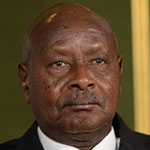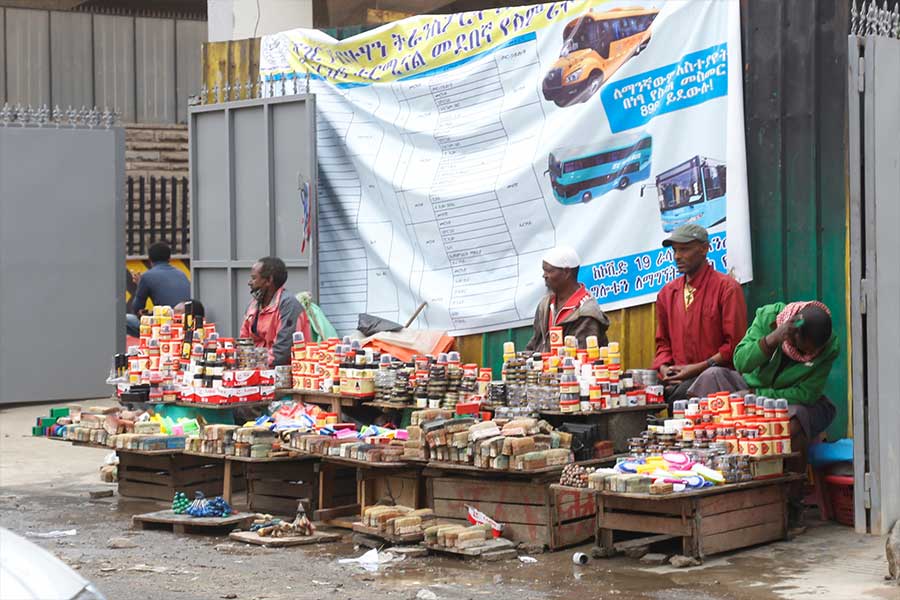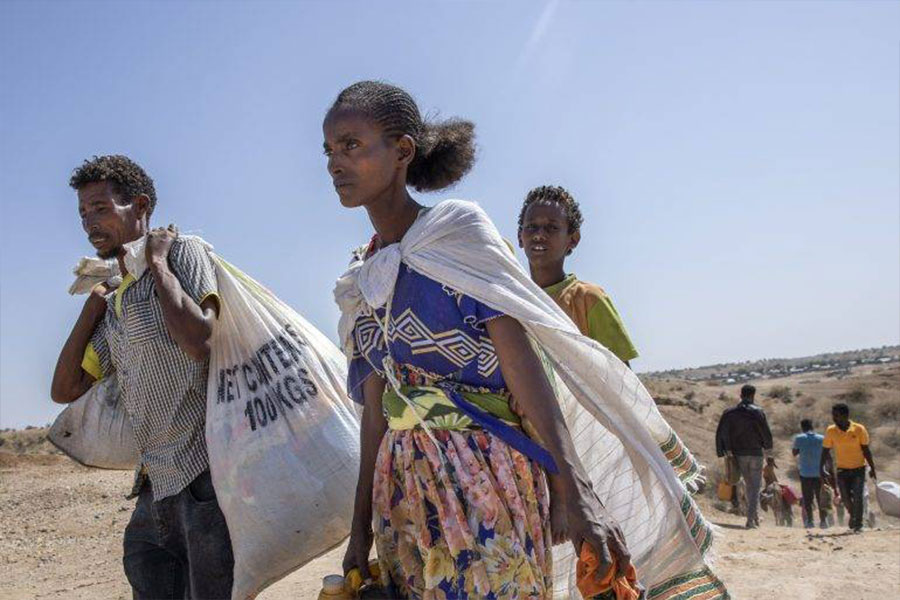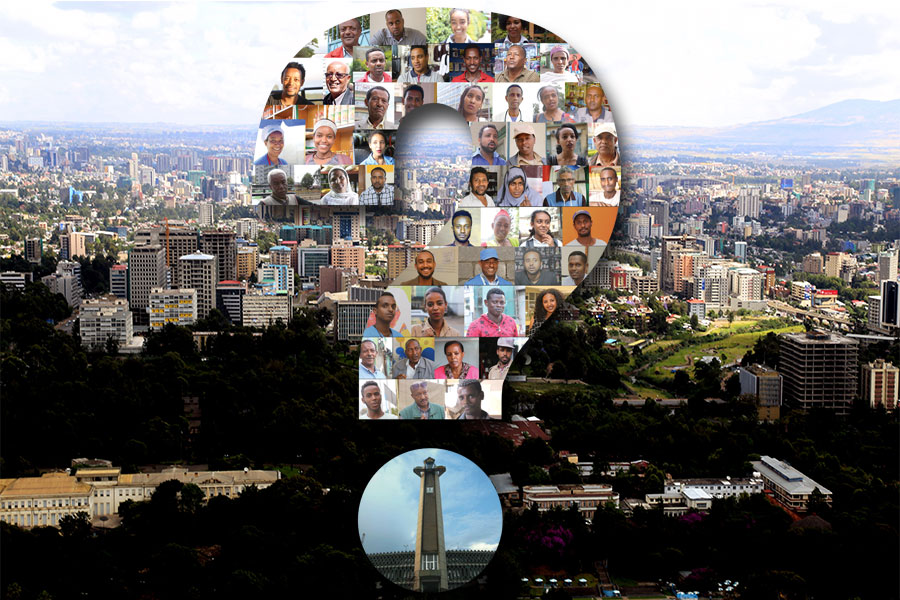
Radar | Oct 02,2021
Oct 30 , 2021
By Halima Abate (MD)
Creating a platform where employees can engage each other in a structured and passionate debate about ideas and thoughts to produce synergy and shared goals is vital for an organisation rather than top-down commands. Outlining a process of communication with constructive criticism can be carried out through the platform of meetings, an age-old necessity in offices.
The purpose of a meeting could be informative, consultative or execution through collective decision-making and action through a feeling of continuity and solidarity. As one can meet a number of people at a time interactively it can save time, address different segments of people and create an environment for exchanging ideas. Members get the feeling that they have been consulted, which is useful in getting their intelligent and willing cooperation, defusing troublemakers, and ensuring democratic functioning.
Generally, meetings are not liked. They are accused of being time-consuming, expensive and prone to disruption. It is quite common to hear people say that felt lethargic, unfocused and passionless especially after too many meetings. The COVID-19 pandemic has not made things much easier.
The pandemic has certainly given us an intriguing time to reflect on remote communications and how we think about talking, presenting or participating in public gatherings, without being present in-person. As the pandemic partially disrupted meetings, webinar technologies have boomed. Among others, the widely-used Zoom application became the top online video conferencing system featuring both meeting and webinar capabilities.
In meeting mode, anyone can share their screen and participants are able to unmute themselves and talk. For some, popping up on-screen and listening to many organisational employees is less stressful. However, for some, on-screen meetings now span almost all day and too much time is wasted adjusting webinar settings and trying to appear focused on the camera the whole time.
Still, the basics of how a good meeting should be chaired have not changed. The tone of the message and communicating gracefully is critical as chairing meetings effectively helps everyone be more productive and helps retain engaged participants. A careful balance of gathering people’s thoughts, awareness of others’ needs and efficient use of time allowing for both networking and decision making is imperative.
During presentations, communicate one’s expectations and the meeting plan before the meeting begins. Informing the audience about the time we expect to spend together, what items will be needed and the general structure of the meeting will be helpful. Incorporating breaks during longer meetings is key to holding attention, as well as being realistic about the length of meetings.
Part of the time should be left for discussing topics not necessarily on the agenda, but what some employees might have on their mind. This may uncover problems that need solving, form collaborations and partnerships that can create new solutions or may just be a time for team members to connect a bit and boost morale.
We should hold these meetings often enough to stay connected and in the loop with team members, but not repetitious enough that it becomes a habit. If there are less time-consuming alternatives to meetings, they should be entertained.
In Ethiopia, holding meetings is considered more of a propriety than an effective device for the accomplishment of organisational missions and platforms for networking. Most organisations drag out their employees for meetings that are long and winding, and dully presented by a person reading from a PowerPoint. On the employees side, it has become a way of avoiding office time and sometimes an opportunity for travel and allowances instead of a chance for experience sharing and networking.
This problem is particularly widespread at government institutions. This is despite the fact that these meetings could be much better organised to consider administrative processes as a series of distinct steps from initiative to implementation. There is a desperate need to re-think meetings into compelling and productive activities that bear fruit instead of a compulsory exercise in office culture.
PUBLISHED ON
Oct 30,2021 [ VOL
22 , NO
1122]


Radar | Oct 02,2021

Fineline | Mar 16,2019

Verbatim | Oct 16,2021

Commentaries | Dec 19,2021

My Opinion | Feb 12,2022

Radar | Aug 14,2021

Radar | May 15,2021

Sponsored Contents | Apr 04,2022

Fortune News | Oct 23,2021

Fortune News | Apr 26,2019

Photo Gallery | 180330 Views | May 06,2019

Photo Gallery | 170527 Views | Apr 26,2019

Photo Gallery | 161561 Views | Oct 06,2021

My Opinion | 137274 Views | Aug 14,2021

Dec 22 , 2024 . By TIZITA SHEWAFERAW
Charged with transforming colossal state-owned enterprises into modern and competitiv...

Aug 18 , 2024 . By AKSAH ITALO
Although predictable Yonas Zerihun's job in the ride-hailing service is not immune to...

Jul 28 , 2024 . By TIZITA SHEWAFERAW
Unhabitual, perhaps too many, Samuel Gebreyohannes, 38, used to occasionally enjoy a couple of beers at breakfast. However, he recently swit...

Jul 13 , 2024 . By AKSAH ITALO
Investors who rely on tractors, trucks, and field vehicles for commuting, transporting commodities, and f...

Nov 1 , 2025
The National Bank of Ethiopia (NBE) issued a statement two weeks ago that appeared to...

Oct 25 , 2025
The regulatory machinery is on overdrive. In only two years, no fewer than 35 new pro...

Oct 18 , 2025
The political establishment, notably the ruling party and its top brass, has become p...

Oct 11 , 2025
Ladislas Farago, a roving Associated Press (AP) correspondent, arrived in Ethiopia in...

Nov 2 , 2025
The National Bank of Ethiopia (NBE) has scrapped the credit-growth ceiling that had s...

Nov 2 , 2025 . By SURAFEL MULUGETA
The burgeoning data mining industry is struggling with mounting concerns following th...

Nov 2 , 2025 . By YITBAREK GETACHEW
Berhan Bank has chosen a different route in its pursuit of a new headquarters, opting for a transitional building instea...

Nov 2 , 2025 . By BEZAWIT HULUAGER
Nib International Bank S.C. has found itself at the epicentre of a severe governance...